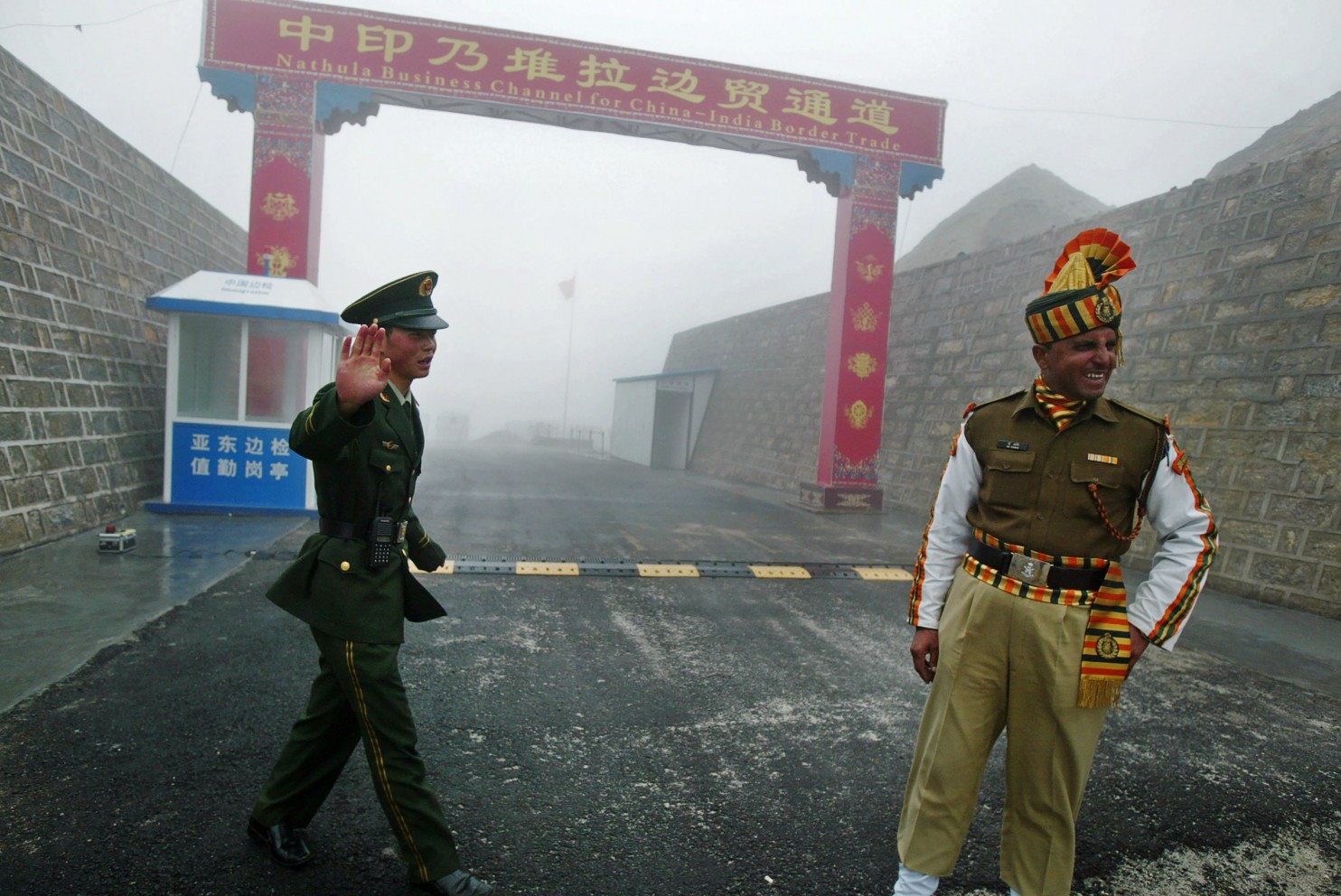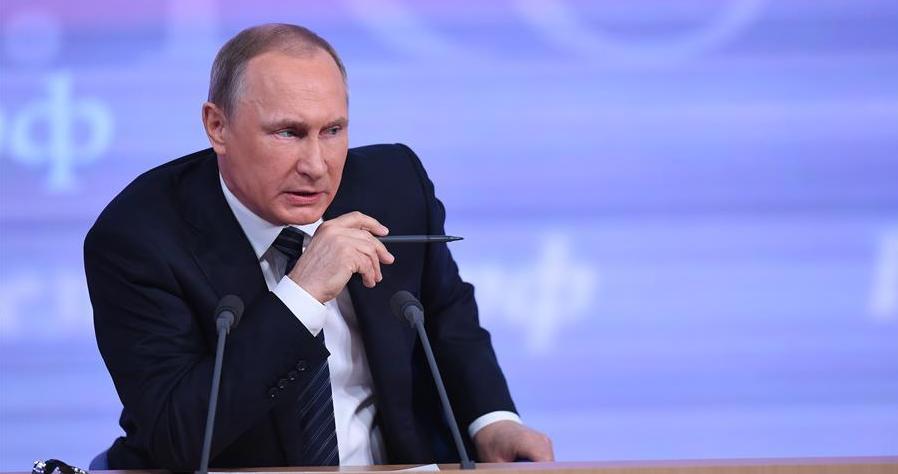Brahma Chellaney
Professor, Center for Policy Research

Jul 07, 2017
Bhutan has protested that China is chipping away at its territory by building a strategic highway near the Tibet-India-Bhutan tri-junction in the Himalayas. Bhutan has security arrangements with India, and the construction has triggered a tense standoff between Chinese and Indian troops at the tri-junction while Chinese state media warns of the possibility of war.

Jun 13, 2017
U.S.-led sanctions against Moscow are helping to create a more assertive Russia determined to countervail American power, even as a special counsel investigates alleged collusion between President Donald Trump’s election campaign and Moscow, have compelled Russia to pivot to China.
Mar 31, 2017
Trump’s ascension to power was bad news for Beijing, especially because his “Make America Great Again” vision collides with Xi’s “Chinese dream” to make this the “Chinese century.” Yet China thus far has not only escaped any punitive American counteraction on trade and security matters, but also the expected Trump-Xi bonhomie at Mar-a-Lago could advertise that the more things change, the more they stay the same in U.S. foreign policy.
Mar 14, 2017
The reported fatal poisoning of North Korean ruler Kim Jong Un’s estranged half-brother, Kim Jong Nam, at Kuala Lumpur International Airport represents a major setback for China. Beijing valued Kim Jong Nam — a faded playboy with residences in Macau and Beijing — as a key asset against the North Korean dictator. China’s strongest action against North Korea to date — the recently imposed suspension of coal imports — can be ascribed to the “Trump effect.” U.S. President Donald Trump’s less predictable line, reflected in his wavering on the one-China policy and his tougher stance on Chinese expansion in the South China Sea, has prompted Beijing to take this action to blunt U.S. criticism that it is not doing enough to implement United Nations sanctions.
Dec 16, 2016
Recent developments are highlighting how competition over shared water resources is a major contributory factor to the growing geopolitical discord in Asia. China’s “territorial grab” in the South China Sea has been accompanied by a quieter “freshwater grab” in transnational river basins. Reengineering trans-boundary water flows is integral to China’s strategy to employ power, control, influence, and fashion a strongly Sino-centric Asia. The upsurge of resource and territorial disputes has underscored the looming dangers. Various developments indeed are highlighting the linkage between water and peace.
Nov 10, 2016
The organization BRICS faces challenges defining a mutual mission. Although these five emerging economies pride themselves on forming the first important non-Western global initiative with the aim to end the era of Atlantic dominance, the grouping is still searching to define a common identity and build institutionalized cooperation. Additionally, the Goa summit indeed was a reminder of China’s lengthening shadow over BRICS. China’s motives reflect a domineering power in the organization through its efforts to assert regional dominance, and the BRICS organization, coupled by a lack of common interest, struggles to establish legitimacy.
Oct 19, 2016
Brahma Chellaney discusses the growing strategic nexus between Pakistan and China. The article outlines several instances where China has defended Pakistan on an international scale, particularly regarding Pakistan’s close ties to terrorist organizations. Pakistan, because of these ties, has caused political tensions with neighbors and the U.S., but China remains a regional ally. Chellaney also details the growing economic partnership between the nations and the implications of the “one belt, one road” project to be instituted.
Oct 06, 2016
The strong tides of anti-establishment anger have shaken politics to its core in a number of Western democracies, as symbolized by the British vote to leave the European Union and the rise of Donald Trump in the United States. Authoritarian capitalism, on the other hand, usually pretends to be meritocracy offering competent governance and economic opportunity for all. In reality, it entrenches corrupt oligarchies that are answerable to no one and that employ ultra-nationalism as the legitimating credo of their monopoly on power.
Jul 19, 2016
Dispute settlement by peaceful means is essential to building harmonious interstate relations. However, Beijing’s dismissal of the tribunal’s ruling is in keeping with its broader opposition to settling disputes with its neighbors — from Japan and South Korea to India and tiny Bhutan — by means of international mediation, arbitration or adjudication.

Jul 05, 2016
The global war on terror, now almost a generation old, will never be won with treacherous allies, such as jihadist rebels and Islamist rulers. Rather, stemming the spread of the Islamist ideology, which has fostered “jihad factories” and threatens the security of countries as diverse as the U.S. and China, holds the key to containing terrorism.
